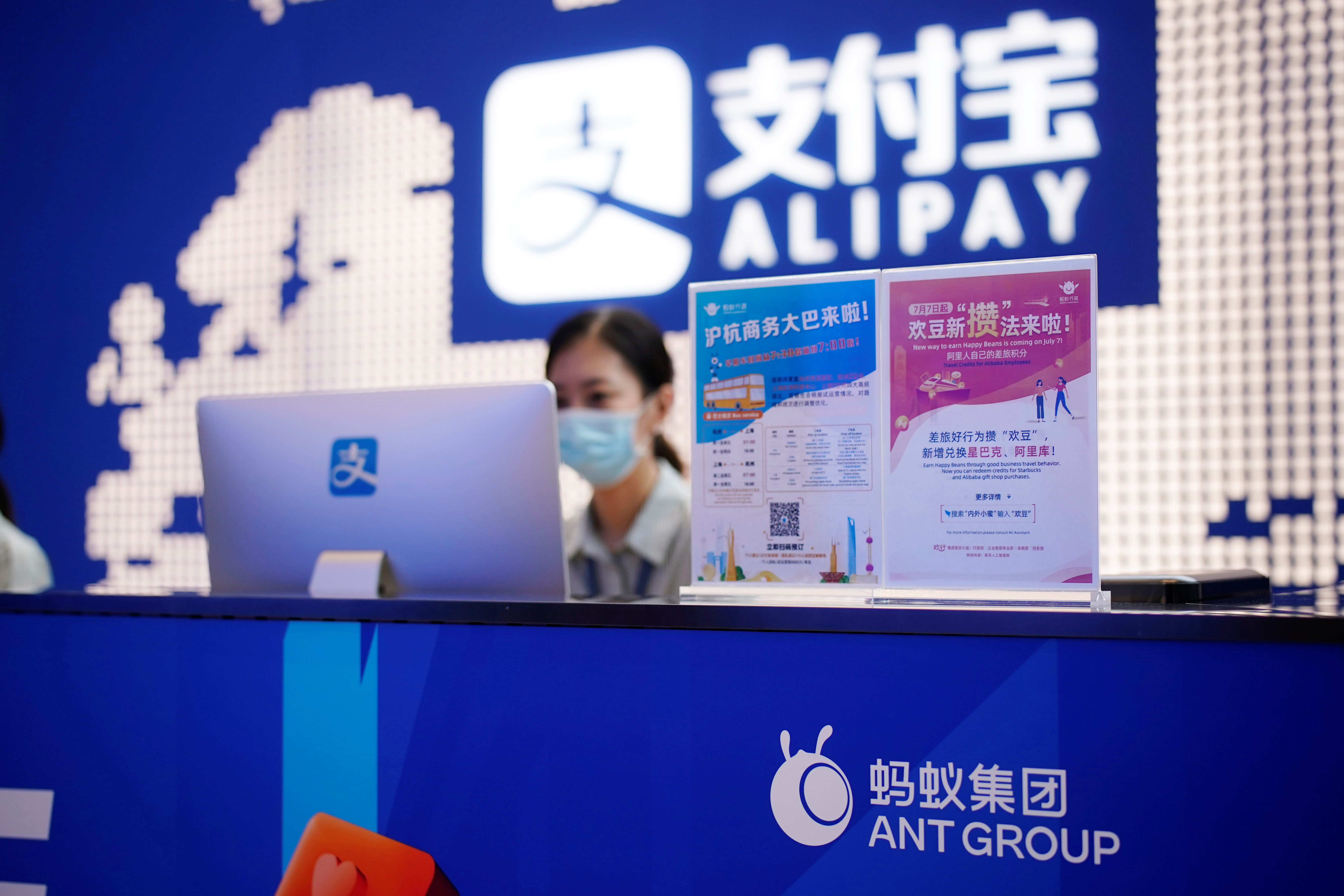(ATF) China’s central bank unveiled draft rules for online payment firms on Wednesday that say companies that have abused their dominance in the payment sphere will be forced to split up. Criteria specified by the rules has triggered red flags for both Alipay and WeChat Pay.
This follows the regulators’ issuance of micro-lending rules in November that led to the suspension of the massive IPO of Jack Ma’s Ant Group, the operator of Alipay, and the draft rules are the latest in an array of anti-monopoly efforts by Beijing focused on China’s fintech giants.
Building on the foundation of the Administrative Measures of Payment Services by Non-financial Institutions that People’s Bank of China released in 2010 and factoring in new market developments, the new rules will increase the legal effects of regulations over payment institutions, the central bank said in a statement.
Breaking up monopolies
“If any non-bank payment institution in a dominant market position fails to follow the principles of safety, efficiency, honesty and fair competition, and the healthy development of the payment service market is seriously affected, the PBoC can suggest that the State Council’s anti-monopoly law-enforcement agencies stop market dominance abuse and centralization by splitting the institutions based on payment business types,” Article 57 of the rules says.
According to the rules, if one payment company reaches a one-third market share in the “non-bank payment service market”, or two payment companies together have half of such market, the PBoC can alert the State Council’s anti-monopoly law-enforcement agencies to summon the company/s for a warning.
If one payment company reaches a 50% market share in the “nationwide electronic payment market”, or two payment companies together have two-thirds of such market, the central bank can also call for the agencies to review whether the institutions have a dominant market position.
Under the new rules, payment businesses will be re-categorized into two types – stored value account operations and payment transaction handling.
The draft rules also stressed that reserve funds are not the property of payment agencies, and payment agencies must deposit them with the PBoC or qualified commercial banks.
The PBoC is seeking public comment on the draft rules through until 19 February, and firms already with payment licences will have a one-year grace period to comply with the new rules.
Two payment giants
The rules present the strongest and most detailed message yet of regulators’ plans to curb monopolistic practices in the online payments industry.
While they don’t single out specific payment agencies, attention has focused on how the country’s two major digital payment platforms used by a combined 1 billion people – Tencent’s WeChat Pay and Ant Group’s Alipay – will comply with the new rules.
Alipay had 55.6% and WeChat Pay 38.8% of China’s third-party mobile payment market, according to payment volume in the second quarter of 2020, iResearch said in a report released in September last year.
While no official statistics are available yet, iResearch’s data shows that both Alipay and WeChat Pay may have already met PBoC’s criteria for an antitrust warning. Each has over one-third of what iResearch calls the “third-party mobile payment market”, which is a similar concept as the “non-bank payment service market” mentioned in the central bank’s new rules.
iResearch included various types of consumer-initiated payments in the data, including those for purchases, gaming, ride-hailing, money market funds, credit card repayments, bank transfers, and mobile phone top-ups, among others.
But the other criteria that indicate a company’s potential dominant market position refers to a 50% market share in the “nationwide electronic payment market”, which analysts say is a much wider concept that should also include card payments and bank payments. Neither Alipay nor WeChat pay has a 50% market share in that sense.
The two platforms have helped revolutionise commerce and personal finance in China, with consumers using the smartphone apps to pay for everything from meals to groceries and travel tickets. But the authorities are concerned about their increasing influence and the financial risks their services may bring to the real economy.
Ant Group, which is making haste to set up a rectification work team following a second regulatory interview in late December with the country’s top financial regulators including the PBoC, could be a focal payment agency under the purview of the new rules.
Also on Wednesday, Jack Ma, the actual controller of Ant Group, resurfaced at a charitable event via video message after disappearing from the public for more than two months.
Ma and Ant management were summoned for a regulatory talk on November 2, ahead of sudden announcements halting Ant’s massive IPO in Shanghai and Hong Kong.
Alibaba and Tencent were told to toe the line last month when the State Administration for Market Regulation (SAMR) slapped a 500,000 yuan ($76,464) fine last month on both Alibaba and Tencent-backed China Literature for not reporting past deals properly for anti-monopoly reviews.
Ant and Tencent, among other fintech firms, have also been banned from selling bank deposit products that the regulators consider a risk to financial stability.
After years of a head-to-head rivalry between Alipay and WeChat Pay, the online payment market is becoming saturated. iResearch data shows total transactions were 59.8 trillion yuan (US$9.3 trillion) as of June 30, up 8.8% from a year earlier. But the growth rate was much smaller than those in the same period in 2019 and 2018, which were 23% and 65%, respectively.
























